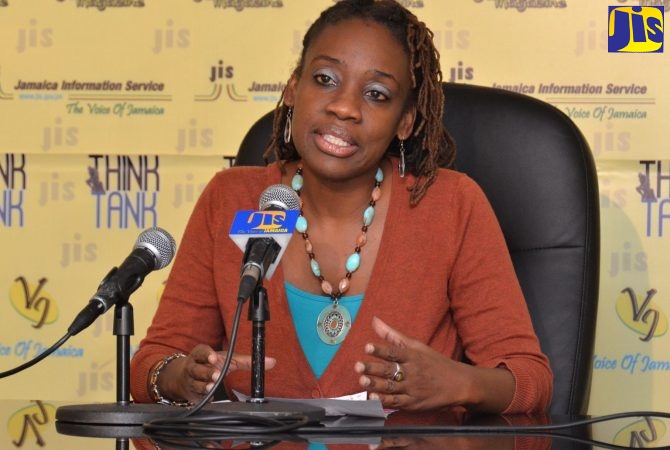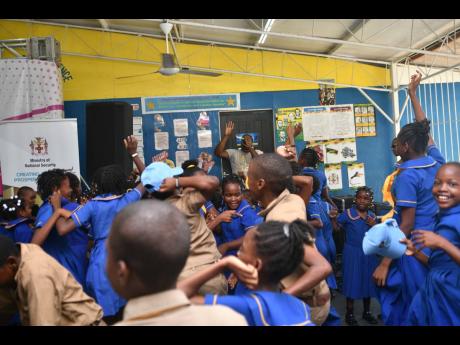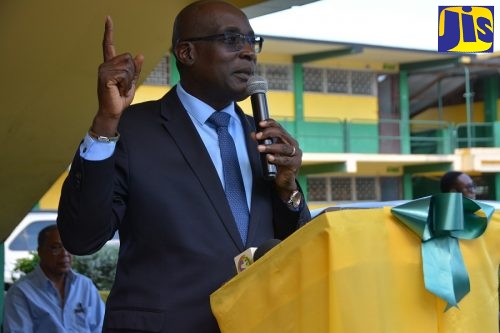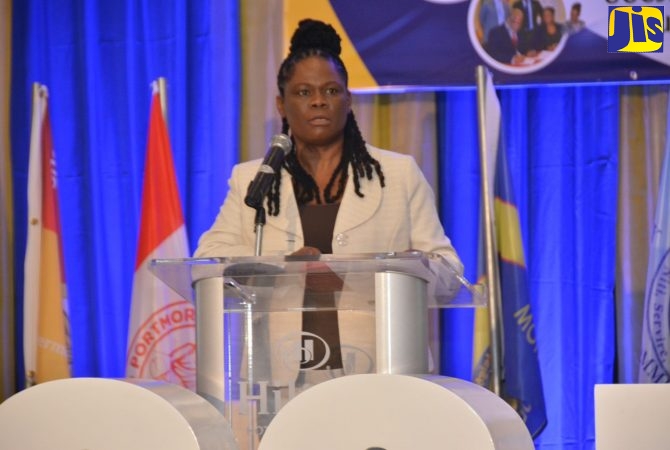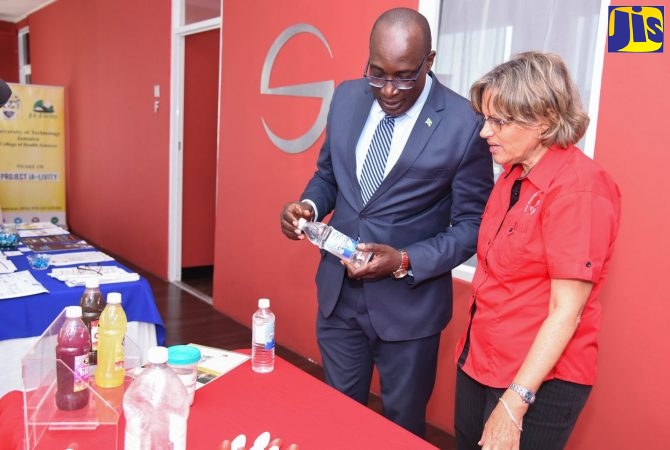JIS: Ambassador to the United States, Her Excellency Audrey Marks, is urging members of the diaspora to support the ‘Pledge 2 Build’ campaign, which seeks to raise funds to upgrade the infrastructure of early-childhood and primary schools.
She made the call as she delivered the keynote address at the David “Wagga” Hunt Scholarship Fundraising Gala, held on Saturday, January 19 in Washington DC.
Pledge 2 Build is an initiative of the Jamaica Diaspora Education Task Force (JDETF), which seeks to mobilise some three million Jamaicans living overseas to invest in the development of education and educational infrastructure in the country annually, starting with early childhood and teacher empowerment.
Ambassador Marks also lauded the organisers of the Jamaica David “Wagga” Hunt Scholarship fund for their support to students at Calabar High School and Kingston College (KC) over the past few years.
She noted that the initiative was an important vehicle through which the organisers had effectively joined with the leadership in shaping the minds of the boys “to become productive citizens”.
Noting that education is key to nation-building, Ambassador Marks, said investing in the country’s youths will “provide the platform for our country’s advancement and for the attainment of our national and internationally agreed development goals”.
She also praised the organisers for their efforts to sustain the David “Wagga” Hunt initiative, noting that it “is transforming the lives of 25 students from Calabar High and Kingston College, to the tune of J$10 million”.
“[These are] poignant examples of generosity and patriotism – traits for which Jamaicans living overseas are well known,” Ambassador Marks said.
The Reggae Girlz, Jamaica’s senior national female football team, was also honoured at the event for the historic achievement in 2018 as the first Caribbean team to qualify for the 2019 FIFA Women’s World Cup in France.
“You have added to the lustre of brand Jamaica, demonstrating that ‘wi likkle but wi tallawah’,” Ambassador Marks said.
The late David “Wagga” Hunt was a distinguished past student of Kingston College; co-founder of Meadhaven United Football Club; former General Secretary of the Kingston & St. Andrew Football Association (KSAFA); former General Secretary of the Minor
League Football Association, and one of Jamaica’s foremost track-and-field analysts, who also had a great passion for youth and sports. Mr. Hunt led Calabar to both the Manning Cup and Oliver Shield titles in 2005.
CAPTION: Jamaica’s Ambassador to the United States, Her Excellency Audrey Marks (left, front row) presents the 2018 David “Wagga” Hunt Distinguished Award to Dr. Kevin Asher (centre, front row), the father of Chinyelu Asher, a member of Jamaica’s senior football women’s team, at the David “Wagga” Hunt Scholarship Fundraising Gala, held on Saturday, January 19 in Washington DC. Others in the photo are members of the organising committee of the David “Wagga” Hunt Scholarship Fund.




